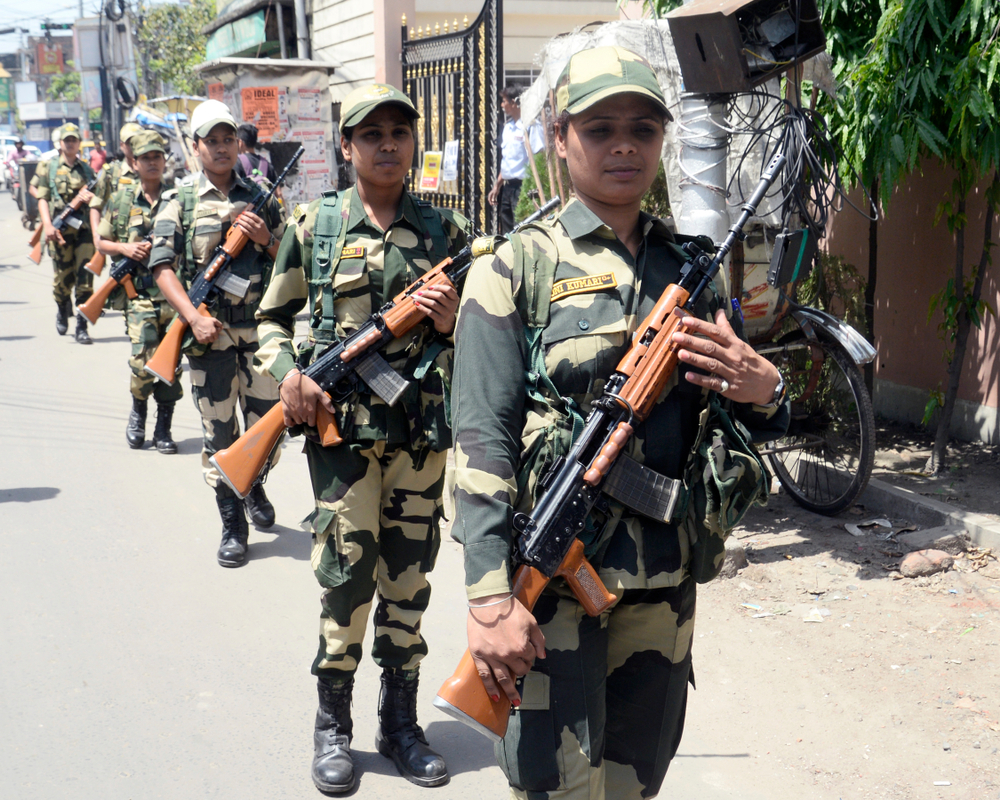Women in India are not meant to give orders; they are just meant to take them. The fact that this belief is widely held in the country was evident in new research published by a leadership consulting firm in December last year, which showed that less than one-fifth of all front-line leadership roles in India are given to women. This bias is not restricted to the business and industry sectors; the Indian army has an official ban on women taking on combat roles. Now, the Centre has added insult to injury by telling the Supreme Court that women cannot be given command posts in the army because male officers, most of whom come from “rural background[s]”, are not yet “mentally schooled to accept” women as their superiors. It tried to bolster this specious argument by saying that motherhood, pregnancy and domestic obligations make it difficult for women to cope with the hazards of service. If this was an attempt to disguise deep-rooted discrimination as concern for the welfare of armywomen, it seems to have failed. If anything, it only underlined the institutional sexism in the Indian military, which mirrors societal attitudes regarding roles that women are traditionally ‘fit’ for. If male officers are unable to “accept” women as figures of authority, or even as equals, then is it not the job of the government to conduct sensitization programmes, instead of depriving women of positions in which they might excel?
Global data are not on the Centre’s side: several countries with powerful militaries, such as China, the United States of America and Israel, allow women in different forms of active combat. In contrast, women not only comprise a measly 3.8 per cent of the Indian army — the world’s second-largest — but they have also been restricted to non-combat positions, in spite of the claim made in 2017 by the then army chief, Bipin Rawat, that the process to offer combat roles to women was ‘moving fast’. The Centre’s argument only reinforces the belief that the structural exclusion of women is a mainstay of the military. As such, the apex court’s response is heartening. By nudging the Centre to “test [women] on the same footing as men” and urging a “change of mindset”, it has, without encroaching on the role of the legislature, thrown light on the lack of administrative will to make the army a gender-equal institution, which is the direct result of a primitive societal mindset. If the ‘conditions’ for women to be in positions of command in the army do not exist, it is the government’s duty to create them.













